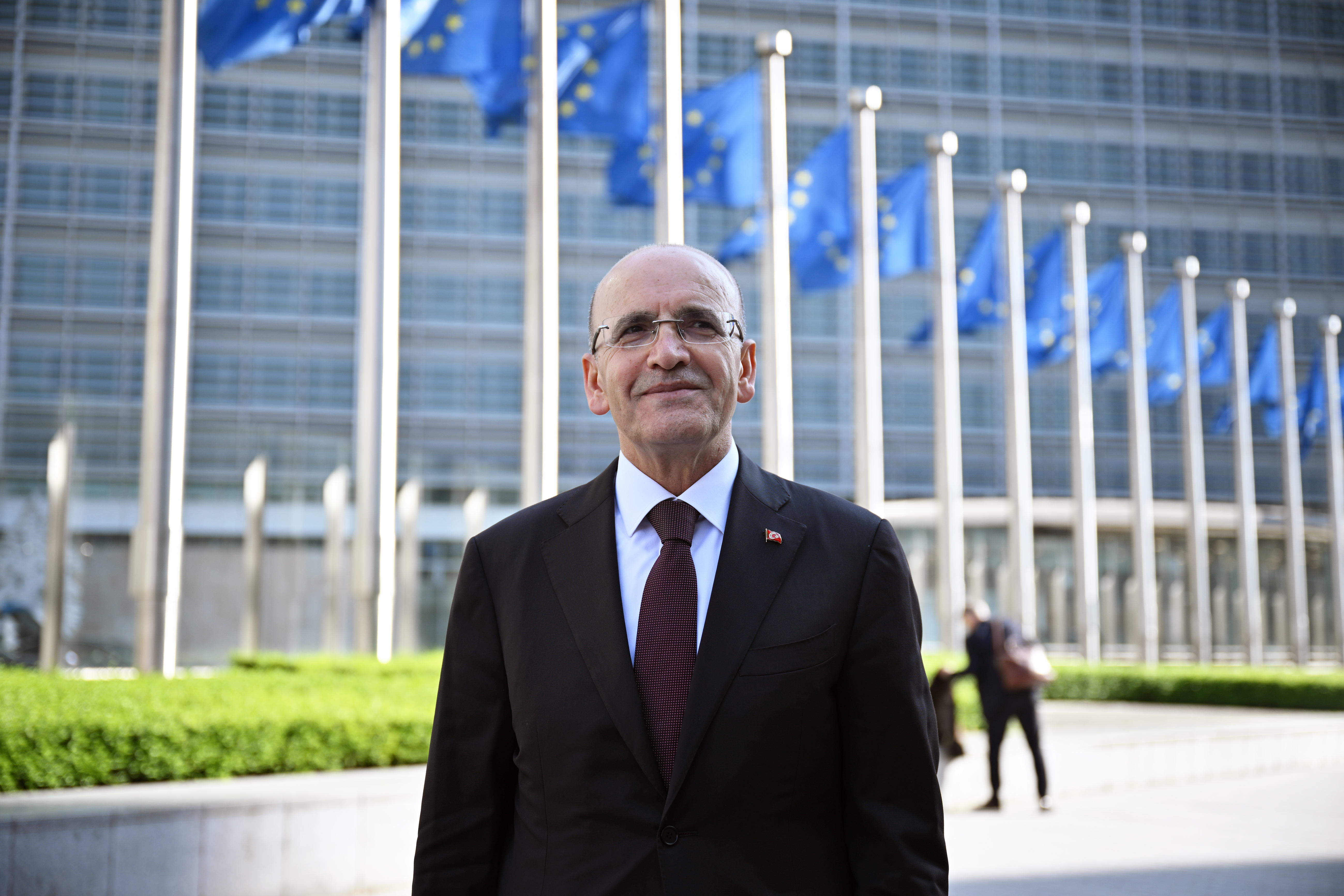Inflation in Türkiye has been falling consistently for 10 consecutive months, and this positive trend is expected to continue, Turkish Treasury and Finance Minister Mehmet Simsek has said, emphasising the country’s strong commitment to fighting inflation.
“We are determined to implement the disinflation program. There is very strong political will, and we have a robust program,” Simsek said on Friday during his remarks at the International Economic Summit in Sakarya, which was delivered via live link.

Strong reform agenda since June 2023
Simsek underlined that despite global structural challenges, Türkiye holds a strategic advantage and is actively working to convert that into long-term gains.
“For this reason, we have been resolutely implementing our macroeconomic stability and reform program since June 2023,” he noted.
Outlining the program's main goals, he said: “Our aim is to permanently reduce inflation to single digits, create fiscal space for reforms by strengthening budgetary discipline, minimize macro-financial vulnerabilities by reducing the current account deficit, and ultimately achieve structural transformation by boosting productivity, competitiveness, and potential growth.”
'Türkiye more resilient to global trade shocks'
Touching on rising global protectionism, Simsek warned that trade wars and increasing tariffs are creating uncertainty in global markets, threatening to lower global growth below 3 percent.
“Protectionism is not new—it has grown steadily over the last 15 years. Since the global financial crisis in 2008, trade restrictions have increased 11-fold,” he stated, pointing to the intensifying geostrategic rivalry between the US and China as a key driver.
Despite these global challenges, Simsek said Türkiye stands out as more resilient compared to other emerging economies.
“There are two key reasons for this. First, our growth is primarily driven by domestic demand, not exports. The share of goods exports in our GDP is around 20 percent, which reduces our exposure in a protectionist global environment.”
“Second,” he added, “we conduct most of our trade with nearby and friendly nations. Sixty-eight percent of our exports go to countries with which we have free trade agreements. Our largest trading partner, the EU, supports a rules-based and multilateral trade order—just as we do. This enhances our ability to absorb external shocks.”

Watching China’s response closely
While acknowledging indirect effects of global protectionist trends, Simsek said it is still early to fully assess their impact.
However, he pointed out that one of the most critical unknowns is how China will respond to high tariffs imposed by other major economies.















